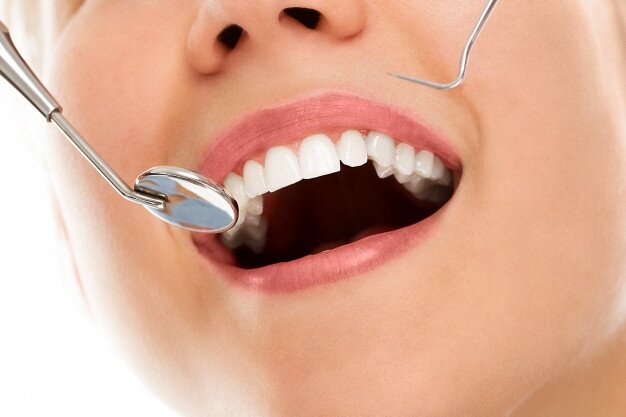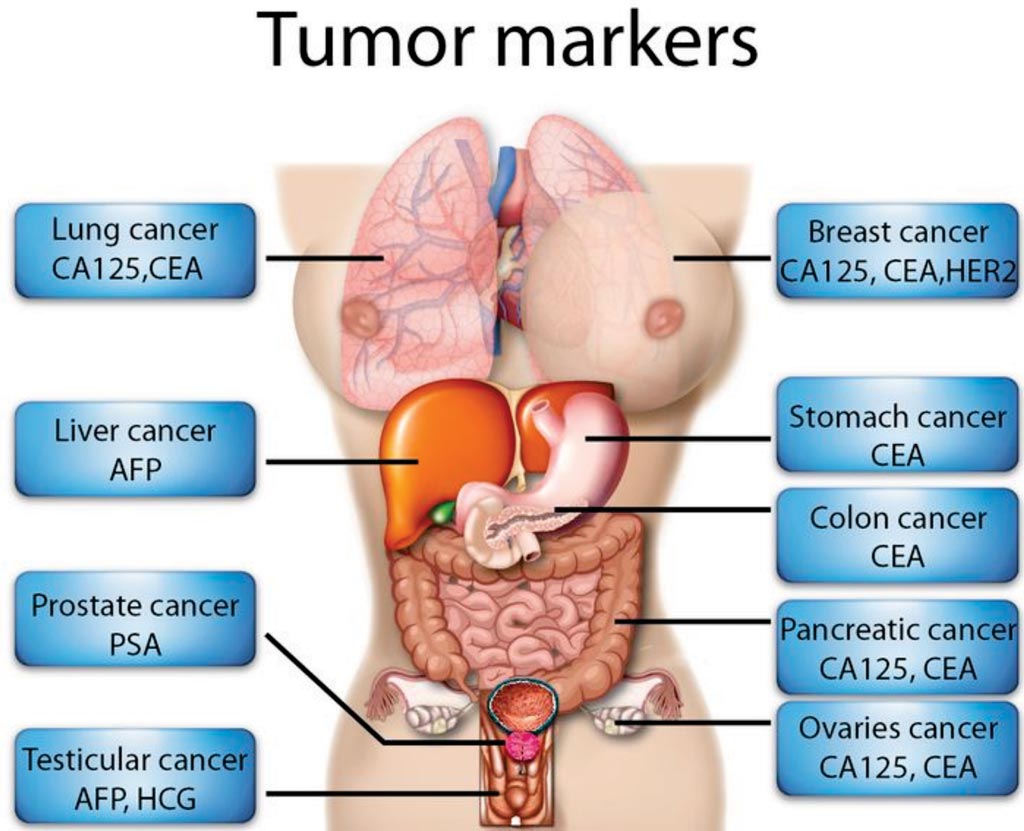It is important to know about common dental problems and how to take care of them. Dental problems can range from cavities and gum disease to more serious issues like periodontitis and root canal treatments. Dental health is an important part of overall health, so it’s essential for individuals to understand the risks associated with poor dental hygiene. Cavities are one of the most common types of dental problem, resulting from tooth decay caused by sugary foods and drinks or poor oral hygiene. Brushing twice a day with a fluoride toothpaste, flossing regularly, using an antibacterial mouthwash, and visiting your dentist for regular check-ups are all key steps in preventing cavities. Gum disease is another common issue that can be prevented with proper brushing and flossing habits as well as rinsing with an antibacterial mouthwash after meals.
Cavities: Causes, Prevention & Treatment
Cavities are one of the most common dental problems, and they affect both adults and children alike. They occur when bacteria in the mouth feed on sugar in food and form acids that attack tooth enamel. This causes decay, or cavities, to form and can lead to pain, infection, and other oral health issues if not treated. Knowing what causes cavities is the first step towards preventing them from occurring in the first place.
The key to avoiding cavities is practicing good dental hygiene. Brushing teeth twice a day with fluoride toothpaste helps to remove plaque buildup on teeth surfaces and reduce acid levels resulting from sugar consumption. Flossing daily is also important as it removes food particles trapped between teeth where brushing cannot reach; this helps prevent bacteria from building up over time and causing damage to enamel.
Gingivitis: Causes, Prevention & Treatment
Gingivitis is one of the most common dental problems that can cause serious oral health issues. It is an inflammation of the gums caused by a buildup of bacteria due to poor oral hygiene. Gingivitis can lead to further damage if not treated properly, including periodontal disease and even tooth loss. Taking preventative steps and recognizing early warning signs are essential in avoiding gingivitis and its more severe consequences. Poor oral hygiene is the main cause of gingivitis, as it allows bacteria to accumulate around the gum line and causes irritation. Poor brushing technique or infrequent brushing are common contributors, as well as smoking which inhibits healing in the mouth. Other factors such as certain medications or systemic diseases may also contribute to developing gingivitis.
Periodontal Disease: Causes, Prevention & Treatment
Periodontal disease, also known as gum disease, is an uncomfortable and painful dental problem that can affect the gums, tissue and bone that support your teeth. It is caused by bacteria in plaque and calculus (tartar) which accumulate on the teeth if not removed regularly by brushing and flossing. The impacts of periodontal disease can range from mild to severe pain, discomfort or tooth loss. However, there are a variety of treatments available to help reduce the symptoms of periodontal disease. The most common causes of periodontal disease include poor oral hygiene practices such as failing to brush or floss regularly; smoking; drinking alcohol; certain medications; hormonal changes during pregnancy or menopause; genetic predisposition; medical conditions such as diabetes or HIV/AIDS; and systemic diseases such as respiratory infections.
Bad Breath: Causes, Prevention & Treatment
Bad breath, also known as halitosis, can be embarrassing and uncomfortable for many people. It is caused by a variety of things and can often come from dental problems. Poor oral hygiene, dry mouth, certain foods and bacteria are all common culprits for bad breath. Fortunately, there are ways to both prevent and treat this condition in order to get rid of the offending odor. To prevent bad breath from occurring in the first place, it’s important to practice good oral hygiene habits such as brushing twice daily and flossing regularly. Additionally, drinking plenty of water throughout the day helps to keep saliva levels high which can help to reduce bacteria growth that leads to bad breath. Cutting back on sugary food and drinks can also help reduce the chances of developing cavities which is another cause of foul odors coming from the mouth.
Tooth Loss: Causes, Prevention & Treatment
Tooth loss is a common dental problem that affects many individuals. It can be caused by a variety of factors, including poor oral hygiene, gum disease, and injury. Fortunately, there are steps that people can take to prevent and treat tooth loss. Good oral hygiene is the key to preventing tooth loss. Brushing twice daily with fluoride toothpaste and flossing at least once per day helps remove plaque buildup on teeth and gums, protecting them from decay. Additionally, visiting the dentist regularly for professional cleanings and checkups can help identify any developing problems before they become serious enough to cause tooth loss. If someone does suffer tooth loss, there are several treatment options available.
Conclusion:
Oral health should not be taken for granted. Establishing a regular oral hygiene routine and scheduling regular visits to the dentist are vital for maintaining optimal oral health. Knowing the warning signs of dental problems such as inflamed gums, bleeding, bad breath, or pain can help detect issues early and prevent them from becoming more severe. Eating nutritious meals and limiting sugary drinks and snacks is also important in order to prevent tooth decay. Taking these steps will ensure that your mouth is clean and healthy.
Avoiding these dental problems is easier the earlier you start going to the dentist. To help your kids work through dental anxiety and practice a lifetime of good dental hygiene habits, please see the resource below.
Provided by Cosmedent – supplier of dental composite products


 Home
Home









